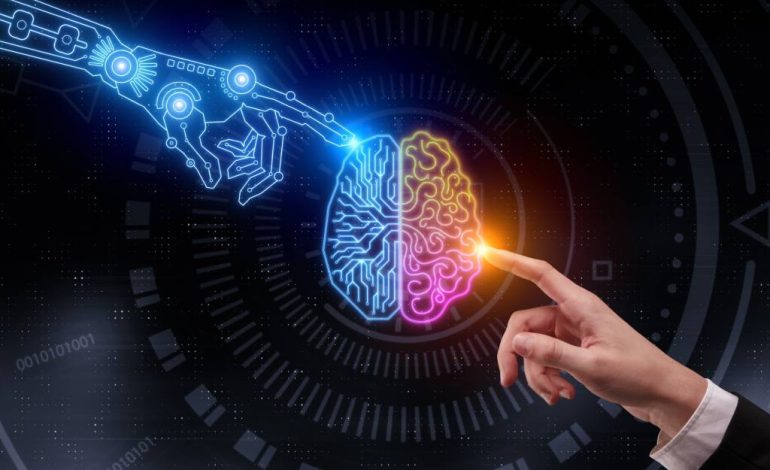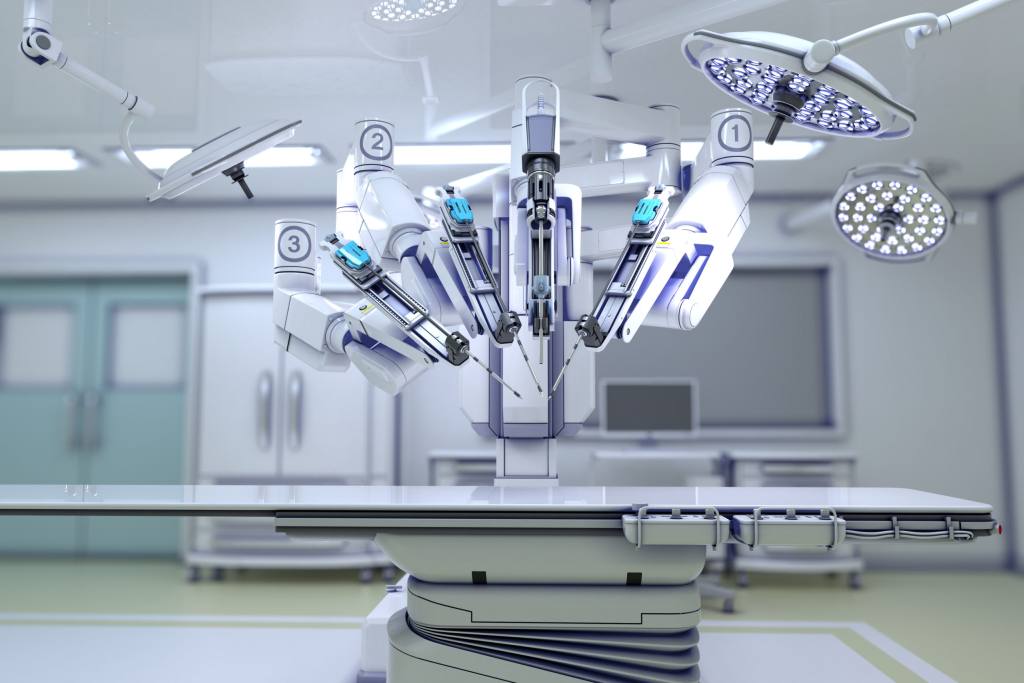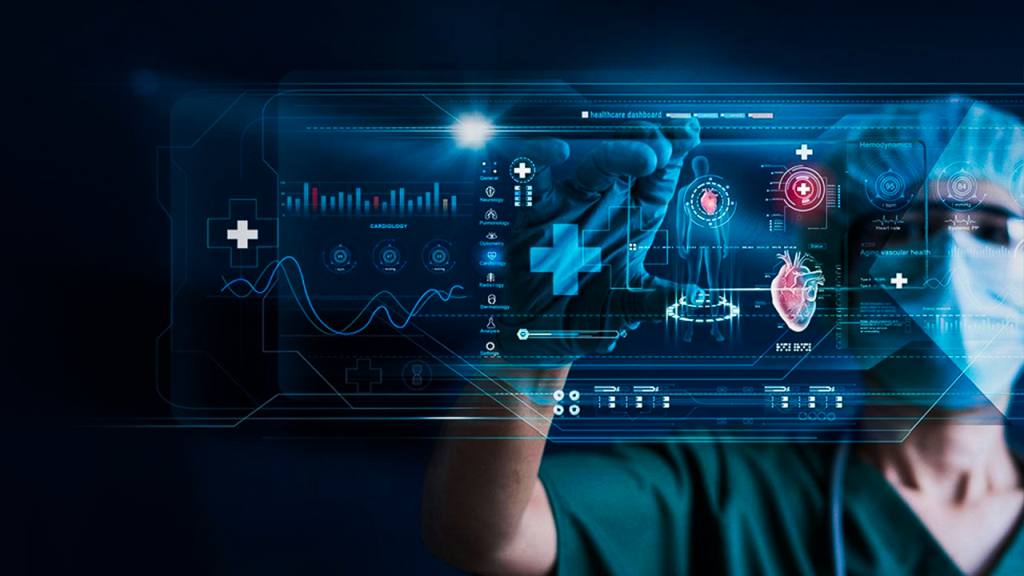The Rise of Artificial Intelligence in Modern Medicine

Artificial Intelligence (AI) is rapidly transforming various industries, and medicine is no exception. The integration of AI into healthcare is revolutionizing the way diseases are diagnosed, treated, and managed. By enhancing the precision of medical practices and streamlining processes, AI is helping to address some of the most pressing challenges in modern medicine. As AI technologies continue to evolve, they promise to further improve patient outcomes and the efficiency of healthcare systems.
Enhancing Diagnostic Accuracy
AI has made significant strides in improving diagnostic accuracy. Machine learning algorithms, a subset of AI, can analyze vast amounts of medical data—including images, lab results, and patient histories—to identify patterns that might be overlooked by human clinicians. For example, AI-powered tools are now capable of detecting early signs of diseases like cancer in medical imaging with remarkable precision. These systems can analyze thousands of images in a fraction of the time it would take a human, significantly speeding up the diagnostic process. This level of accuracy is particularly beneficial in fields such as radiology and pathology, where early and precise detection can be critical to successful treatment.
Personalizing Treatment Plans
The ability of AI to analyze large datasets also plays a crucial role in personalized medicine. By assessing a patient’s genetic makeup, lifestyle, and environmental factors, AI can help healthcare providers develop highly individualized treatment plans. This approach ensures that treatments are more effective and tailored to the unique needs of each patient. For instance, AI algorithms can predict how a patient will respond to a particular drug, enabling doctors to choose the most appropriate medication and dosage. This not only improves the chances of a successful outcome but also minimizes the risk of adverse reactions.

Streamlining Administrative Tasks
Beyond diagnostics and treatment planning, AI is also revolutionizing the administrative side of healthcare. By automating routine tasks such as scheduling, billing, and documentation, AI systems can reduce the workload on healthcare professionals, allowing them to focus more on patient care. Natural language processing (NLP) algorithms, for instance, can transcribe and organize patient notes, making it easier for doctors to access and review critical information. Additionally, AI-driven chatbots are increasingly being used to manage patient inquiries and appointments, enhancing the overall efficiency of healthcare delivery. Websites that specialize in healthcare innovations often feature AI tools that help streamline these processes.
AI in Predictive Analytics and Public Health
AI’s impact extends beyond individual patient care to broader public health initiatives. Predictive analytics, powered by AI, can identify trends and forecast potential outbreaks of diseases, enabling timely interventions. For example, AI models can analyze data from various sources, such as social media, travel patterns, and health records, to predict the spread of infectious diseases. This capability is crucial for managing public health crises, as it allows for more accurate resource allocation and the implementation of preventive measures. Furthermore, AI can help in identifying at-risk populations and optimizing vaccination campaigns, contributing to more effective disease prevention strategies.
Conclusion: AI’s Transformative Potential in Medicine
The rise of artificial intelligence in modern medicine is a testament to its transformative potential. From enhancing diagnostic accuracy to personalizing treatment plans, streamlining administrative tasks, and advancing public health initiatives, AI is reshaping the healthcare landscape. As these technologies continue to develop, they will undoubtedly play an even more significant role in improving patient outcomes and the overall efficiency of healthcare systems. Staying informed about the latest AI advancements in medicine can provide valuable insights into how these innovations will shape the future of healthcare.








